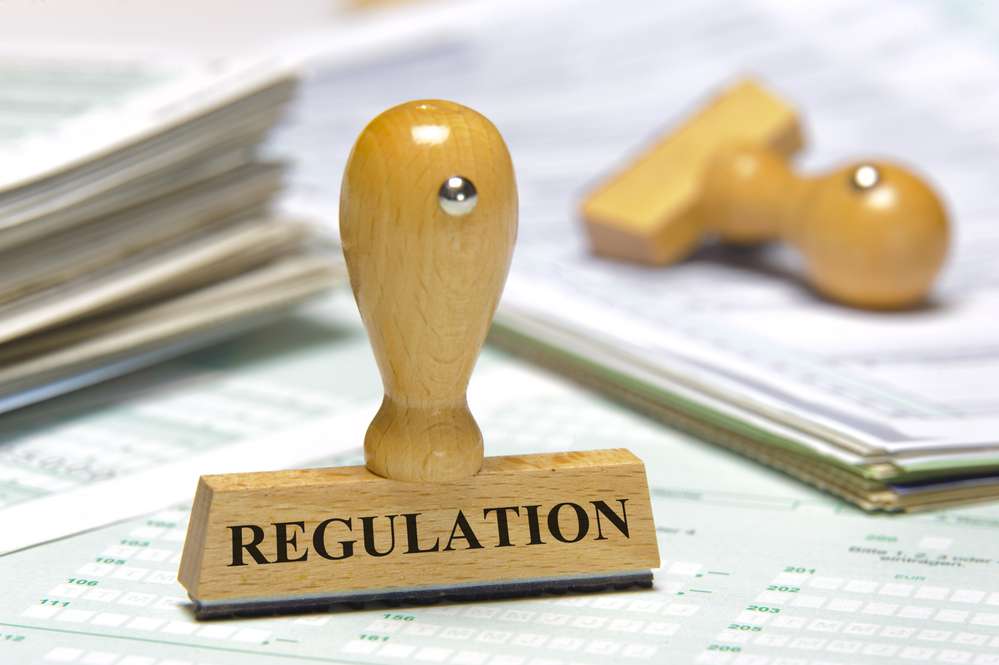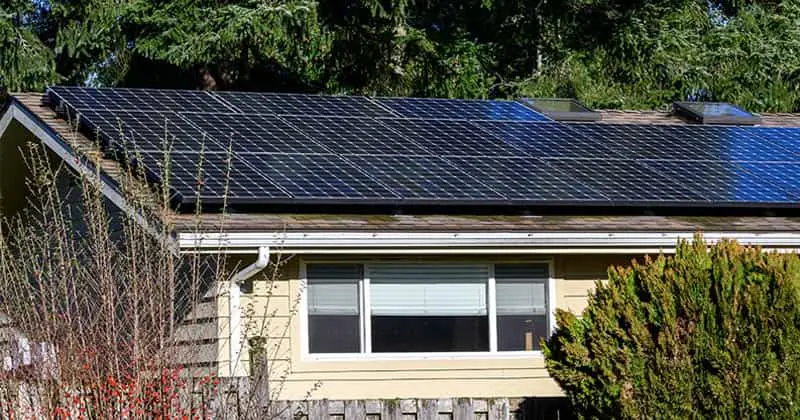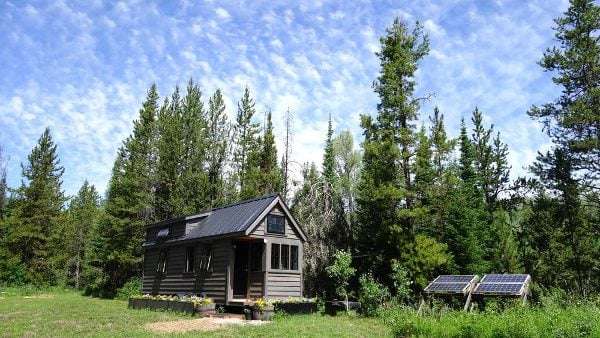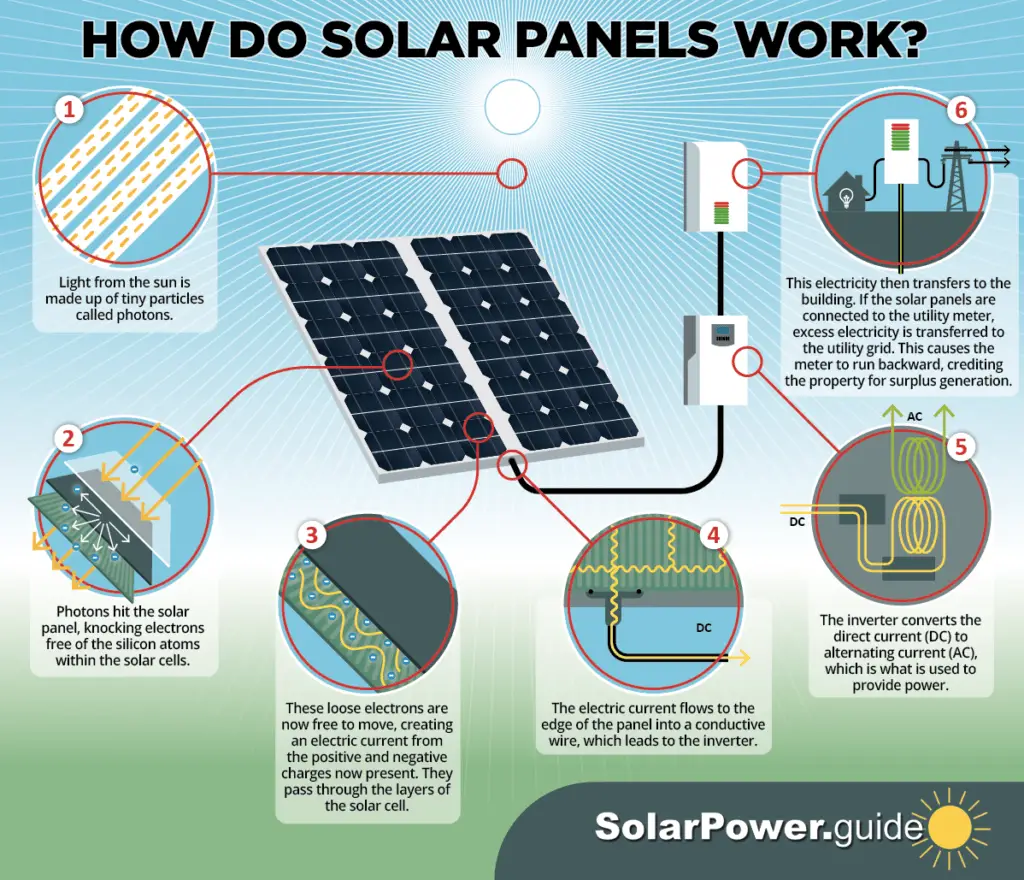Living off the grid is a lifestyle choice that offers individuals the opportunity to disconnect from mainstream society and rely on self-sustaining methods for their daily needs. While this alternative way of living may seem appealing, it’s important to understand the legalities and regulations surrounding it. In many parts of the world, including the United States, living off the grid is generally legal, but the specific laws and regulations can vary greatly depending on your location. This means that before you embark on your off-grid journey, you’ll need to navigate issues such as obtaining permits for alternative systems, complying with health and safety standards, and ensuring you own the property where you plan to live off the grid. From access to water rights to zoning laws and the legality of disconnecting from the power grid, this article will provide you with a comprehensive overview of the legal considerations you need to keep in mind when living off the grid.
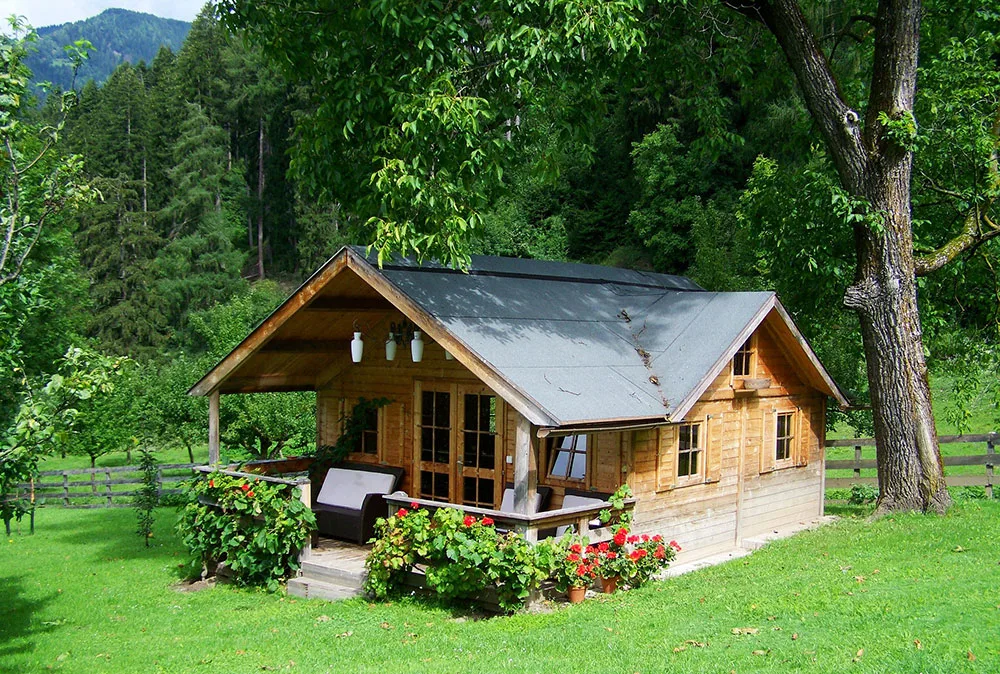
Legalities and Regulations for Living Off the Grid
Living off the grid can be an appealing and sustainable lifestyle choice for many individuals. However, before embarking on this journey, it is important to understand the legalities and regulations that may govern this lifestyle in different locations. While living off the grid is generally legal in many parts of the world, including the United States, it is crucial to note that the legality may vary depending on location and local regulations.
Variations in Laws and Regulations
One of the key things to keep in mind when living off the grid is that laws and regulations can vary from one place to another. This means that what is permissible in one area may be restricted or even illegal in another. Therefore, it is important to research and understand the specific laws and regulations that apply to your intended location.
Complying with Local Regulations
Complying with local regulations is crucial when it comes to living off the grid. This often involves obtaining permits for alternative systems, such as solar panels or wind turbines, and ensuring that these systems meet safety and quality standards. Additionally, health and safety standards must be adhered to in order to ensure the well-being of both the individuals living off the grid and the surrounding community.
Permits for Alternative Systems
In many areas, obtaining permits for alternative systems is a requirement for living off the grid. These permits not only ensure that the systems are installed and maintained properly, but they also help to regulate the use of renewable energy sources. It is important to research the specific permits required in your area and to follow the necessary procedures to obtain them.
Health and Safety Standards
When living off the grid, it is important to prioritize health and safety. This includes ensuring that your alternative systems, such as solar panels or wind turbines, meet safety standards and do not pose a risk to yourself or others. Additionally, proper waste management systems, such as septic tanks, must be in place to prevent environmental hazards. It is important to be knowledgeable about the health and safety standards that apply to off-grid living and to take proactive measures to comply with them.
Property Ownership
Owning the property where you plan to live off the grid is an essential aspect of this lifestyle. This provides you with the autonomy to make decisions regarding your living arrangements and allows you to take full responsibility for complying with local regulations. Before purchasing or leasing a property, it is important to conduct thorough research on property ownership laws in the area to ensure that you are legally able to live off the grid on that specific piece of land.
Access to Water Rights
Access to water rights is another important consideration when living off the grid. Whether it is groundwater or surface water, having access to a reliable water source is necessary for daily living and sustainable practices such as gardening and livestock care. It is important to be knowledgeable about the water rights regulations in your jurisdiction and to ensure that you are complying with any necessary permits or restrictions that may apply.
Septic Tank Requirements
If your off-grid property is not connected to a municipal sewage system, having a septic tank is typically required. A septic tank is a self-contained wastewater treatment system that must be properly designed, installed, and maintained to prevent any adverse environmental impacts. It is essential to understand the regulations surrounding septic tank installation and maintenance in your area and to ensure that you are in compliance with these requirements.
Restrictions on Camping
While living off the grid often involves a more self-sufficient and sustainable lifestyle, it is important to note that there may be restrictions on long-term camping on your own property in many states. In order to maintain health and safety standards, local regulations may limit the amount of time individuals can legally camp on their own land. It is important to understand these restrictions and to comply with them to avoid any legal issues.
Power Grid Disconnection
Disconnecting from the power grid may be illegal in some states, especially in urban areas. This is due to a variety of factors, including safety concerns and the need to maintain a reliable and stable power supply for the surrounding community. It is important to research the regulations in your specific area to determine whether it is legally permissible to disconnect from the power grid and to explore alternative energy options that may be available.
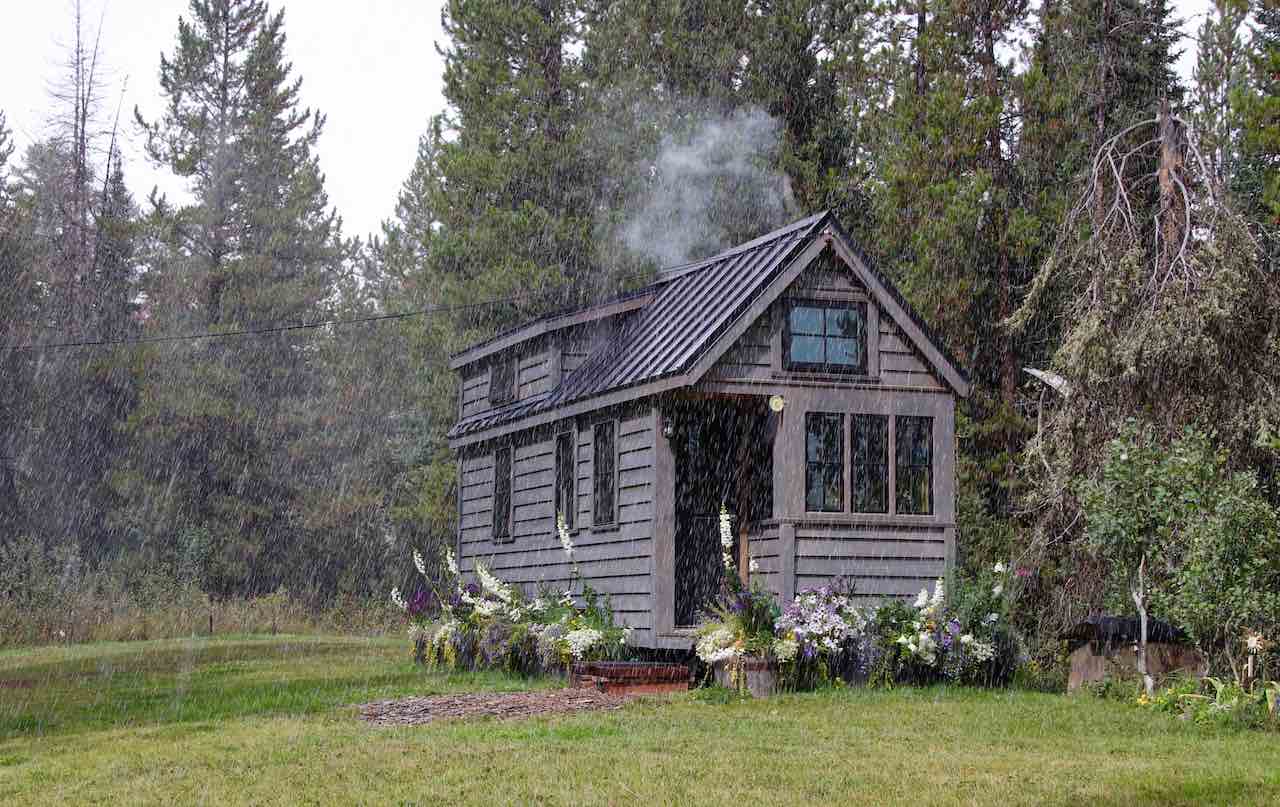
Generating Renewable Energy and Incentives
Generating power off the grid is a key aspect of sustainable living. Thankfully, in many areas, it is legal to generate your own power through renewable energy sources such as solar, wind, or hydro power. In fact, there may even be rebates and incentives available to encourage individuals to adopt renewable energy practices.
Rebates and Incentives
Many governments and utility companies offer rebates and incentives to individuals who choose to generate their own power through renewable energy sources. These incentives can help offset the initial costs of installing renewable energy systems, such as solar panels or wind turbines, and make them more financially accessible. It is important to research the rebates and incentives that may be available in your area and to take advantage of these opportunities to make your off-grid lifestyle more affordable.
Renewable Energy Policies
Renewable energy policies play a significant role in the legality and promotion of off-grid living. It is important to familiarize yourself with the renewable energy policies in your jurisdiction to understand any requirements or regulations that may apply. These policies can vary from one area to another, so staying informed and ensuring compliance is essential to a successful off-grid experience.
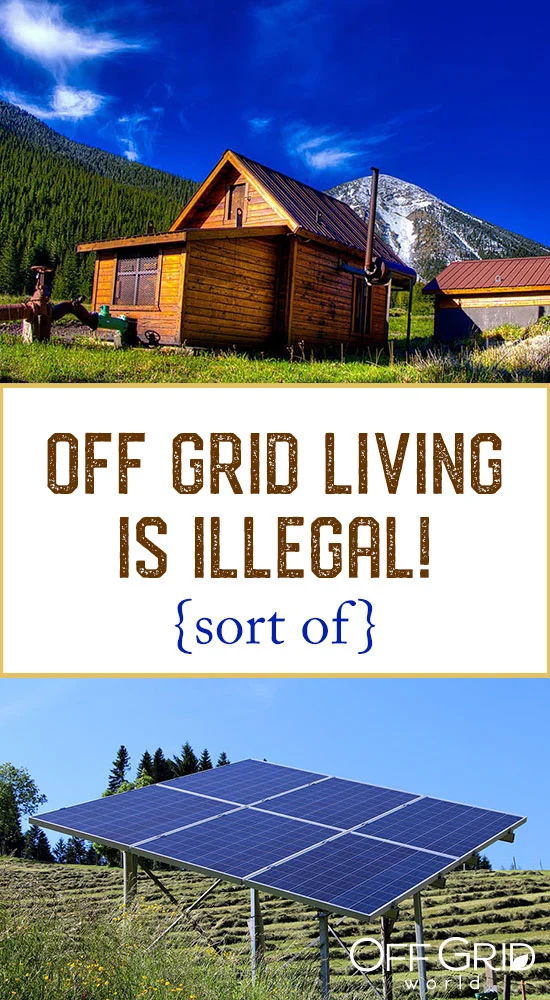
Zoning Laws and Building Permits
When it comes to living off the grid, it is crucial to understand the importance of zoning laws and building permits. Zoning laws regulate land use and dictate what can and cannot be done on a particular property. Understanding these laws and obtaining the necessary permits is essential to avoid legal issues and to ensure that your off-grid lifestyle is in compliance with local regulations.
Importance of Zoning Laws
Zoning laws are in place to regulate land use and ensure that it is consistent with the surrounding area and community. These laws help to maintain order and prevent any potential negative impacts on neighboring properties or the environment. It is important to research and understand the specific zoning laws that apply to your intended location and to ensure that your off-grid lifestyle is in alignment with these regulations.
Zoning Laws and Off-Grid Living
Zoning laws can have a direct impact on off-grid living. Some areas may have specific zoning designations that restrict certain types of off-grid activities or may require additional permits for off-grid structures. Understanding and complying with these regulations is crucial to avoid potential legal issues and to ensure that your off-grid lifestyle is in accordance with local laws.
Impact of Lot Size Requirements
Lot size requirements can also play a role in off-grid living. In some states, there may be minimum lot size requirements that impact the ability to obtain building permits or to engage in certain off-grid activities. It is important to research the lot size requirements in your area and to ensure that your property meets these standards before embarking on your off-grid journey.
Building Permits and Off-Grid Structures
Obtaining building permits is an important step when it comes to off-grid living. These permits ensure that your off-grid structures, such as tiny houses or alternative dwellings, are built safely and in compliance with local regulations. It is important to research the specific building permit requirements in your area and to follow the necessary procedures to obtain them before constructing any off-grid structures.
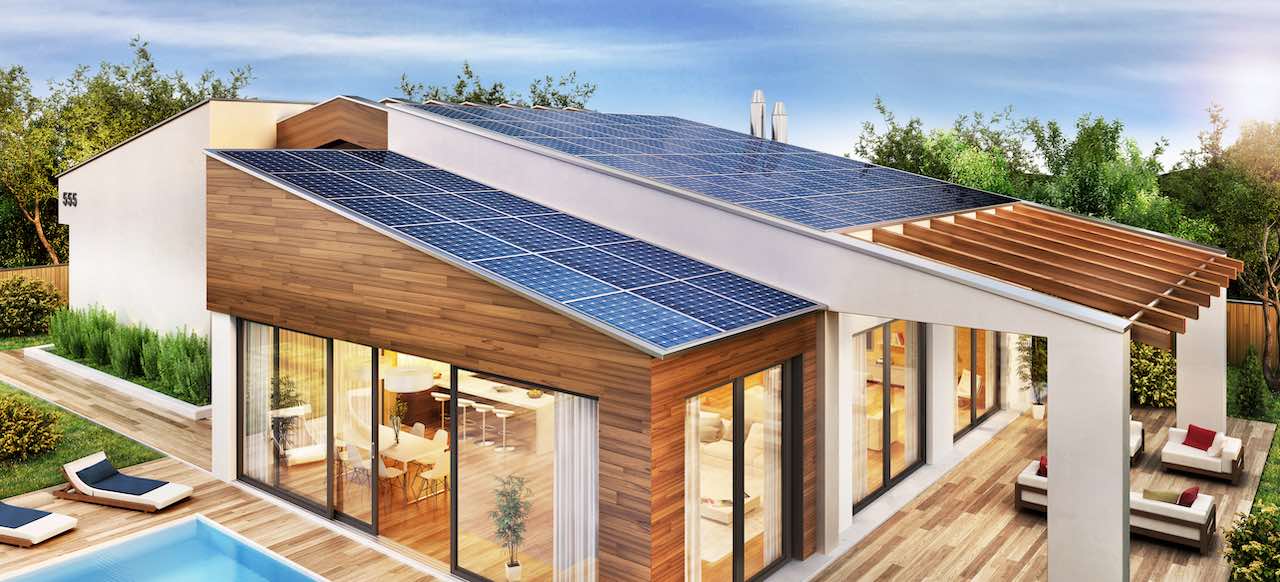
Agricultural Zoning and Livestock
For those interested in a self-sustaining lifestyle, agricultural zoning and raising livestock play a significant role. It is important to understand the requirements and regulations surrounding agricultural zoning and livestock care to ensure a successful off-grid experience.
Necessity of Agricultural Zoning
Agricultural zoning is necessary for individuals who wish to engage in farming or raising livestock as part of their off-grid lifestyle. This zoning designation is specifically tailored to support agricultural activities and typically allows for practices such as farming, animal husbandry, and other related activities. It is important to ensure that your property is zoned for agricultural use before engaging in these activities.
Raising Livestock
Raising livestock can be a rewarding and sustainable practice for those living off the grid. However, it is important to research and understand the specific regulations and requirements that apply to livestock care in your area. This may include considerations such as the number of animals allowed per acre, minimum space requirements, and proper care and maintenance practices. Ensuring compliance with these regulations is crucial to maintain the health and well-being of your livestock and to prevent any potential legal issues.
Growing Crops
Growing your own crops can provide a sustainable source of food and contribute to your self-sufficient lifestyle. However, it is important to understand the regulations and requirements that may apply to agricultural practices, such as irrigation, pesticide use, and crop rotation. Researching and complying with these regulations is essential to ensure the success of your crop production and to avoid any potential legal issues.
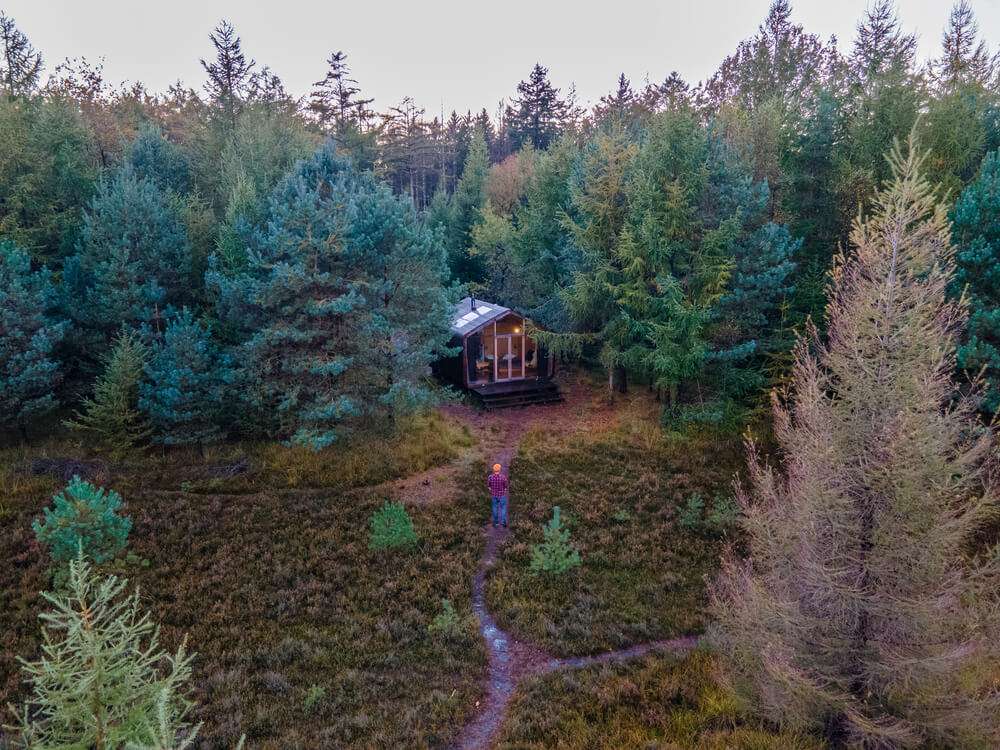
Selling Products While Living Off the Grid
For those who wish to generate income while living off the grid, it is important to understand the legal considerations and requirements surrounding the sale of products. While selling your own products can be a rewarding venture, it is crucial to comply with local regulations and obtain the necessary permits and licenses.
Legal Considerations
When it comes to selling products while living off the grid, there are legal considerations that must be taken into account. These considerations may include factors such as labeling requirements, quality standards, and the need for permits or licenses. It is important to research and understand the specific legal requirements that apply to the products you wish to sell and to follow the necessary procedures to ensure compliance.
Permits and Licenses
Obtaining the necessary permits and licenses is a key step in legally selling products while living off the grid. The specific permits and licenses required will depend on the nature of the products being sold and the regulations in your area. It is important to research and understand the specific permits and licenses that apply to your business activities and to follow the necessary procedures to obtain them.
Local Regulations
Complying with local regulations is essential when it comes to selling products off the grid. This may include adhering to labeling requirements, safety standards, and any specific regulations that apply to the products you wish to sell. It is important to understand the local regulations that apply to your business activities and to ensure that you are in compliance with these requirements to avoid any potential legal issues.
Living off the grid can provide individuals with a sense of autonomy, self-sufficiency, and sustainability. However, it is important to navigate the legalities and regulations that may apply to this lifestyle choice. By researching and understanding the specific laws and regulations in your area, obtaining the necessary permits and licenses, and complying with local regulations, you can enjoy the benefits of off-grid living while ensuring a legally sound and sustainable experience.

